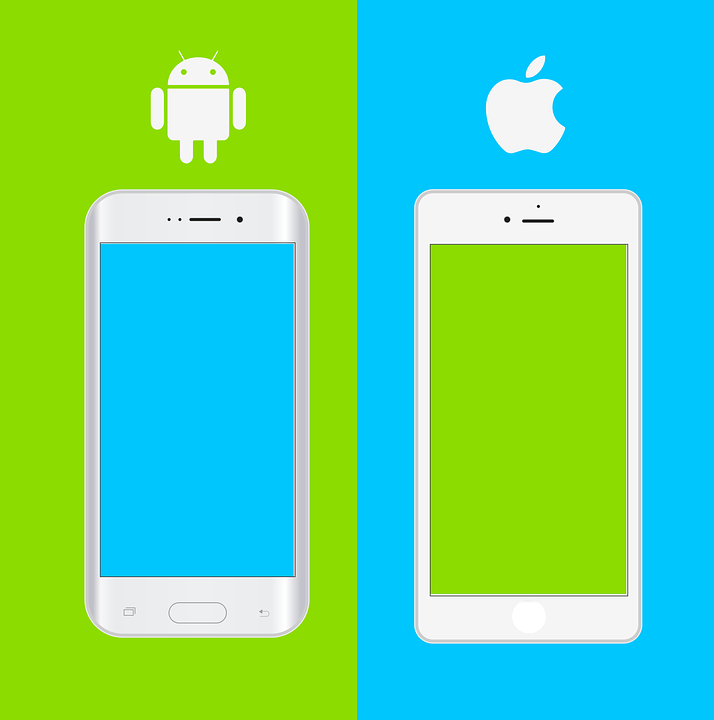According to a survey by Statista the number of smart phone users is predicted to reach beyond 5 billion by the end of 2020. This is why it is vital for app developers to understand which platform to pick for their application development.
After all, app development isn’t easy, not to mention it is costly and challenging. However, with incessant competition between iOS and Android, often app makers are subjected to confusion and disparity on which platform to pick for app development.
This is why to ease things out, this blog will distinguish in 5 categories between iOS and Android to help app manufacturer’s understand which platform to pick for maximum ROI.
Keep Scrolling
1.Development Language
When it comes to building android based apps the language used is Java. This one is difficult to code and comprehend. On the other hand for iOS the newly developed language used is Swift.
Swift is faster and more comprehendible than Java, and thus offers engineers the option of quick app budding. So, unless you have experienced Java engineers to aid you, it is better to go for Swift for developing iOS apps.
2.Design Philosophy
The different design principles endorsed by both iOS and Android are,
- Navigation
iOS powered devices navigation bar is placed at the top while android is shifted to the left. Further, iOS icons are mostly grey or blue while android offers more brighter and colorful Icons.
- Screen Sizes and Resolutions
Apple-backed iOS devices come with two screen sizes for iPhones and iPads. However, Google-backed equipment that is run by android comes with multiple screen sizes that offer enhanced resolutions.
- Menu
Android devices mostly come with side/hamburger or drawer menu. However, iOS features tab bar placed at the bottom with remotely easy to access hidden icons.
3.The Audience
The target audience greatly determines the type of app development platform to pick for markets. As per demographic statistics, the number of people owing Google backed platform is higher than that of iOS.
Moreover, Apple users generally tend to be women in their mid-20-30’s and above who are mainly from the business/media and marketing industry with an average income of $200K annually.
On the other hand, the number of Android users is maximum males belonging to the Utilities/Energy/It sectors. They usually have an annual income of $50K $100K.
4.Development Speed
In comparison to OS fragmentation, development of android apps is more complex and time consuming. It takes moreover, 30-40% more time for engineers to build an android app in comparison to OS.
This is why if you have time and expert app makers then only go for android. Otherwise, for better ROI and quick development iOS platform is best.
5.Deployment Speed
The review and acceptance process for android apps on Google Play Store is less in comparison to iOS-based app on Apple. The reason behind this is Android apps are checked and verified via automated tests while Apple apps require personal verification.
On this note, weighing out the pros and cons each platform has its significant perks. This is why depending on your requirements find an app that will get your maximum ROI and quick response.
Just ensure that you invest in top-notch app developers who have in-depth knowledge on app manufacture and can make a utility app for your customers.


 January 24, 2024
January 24, 2024

